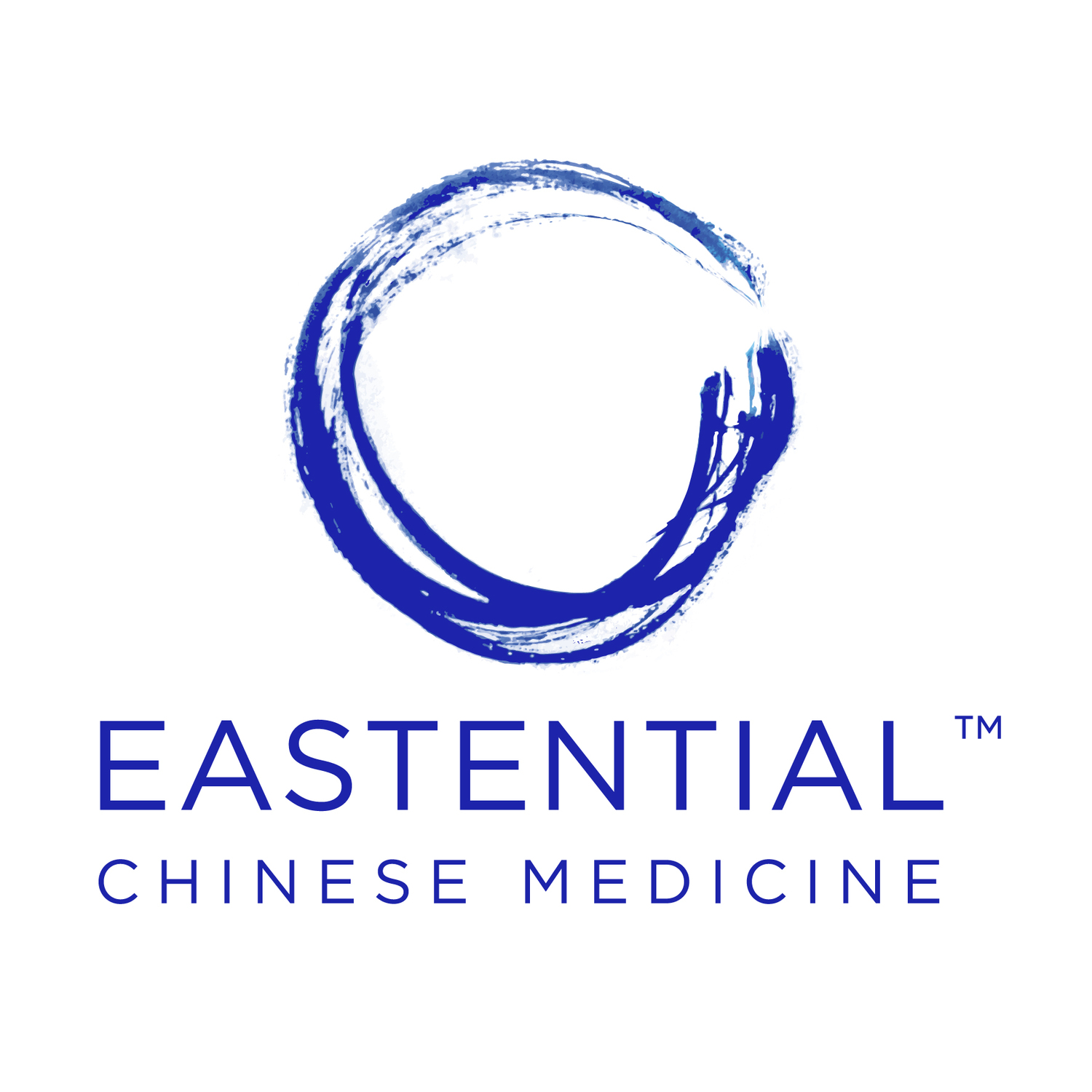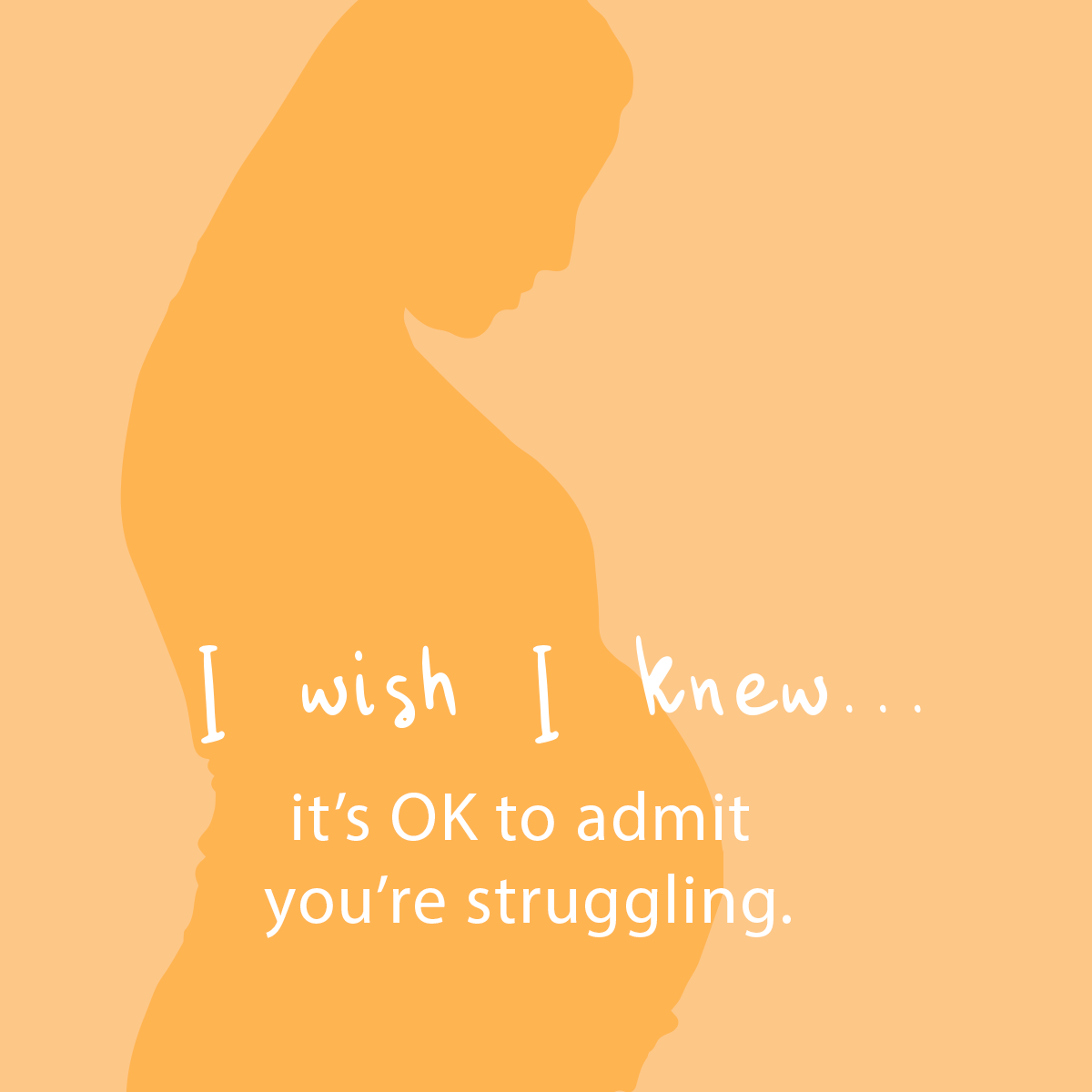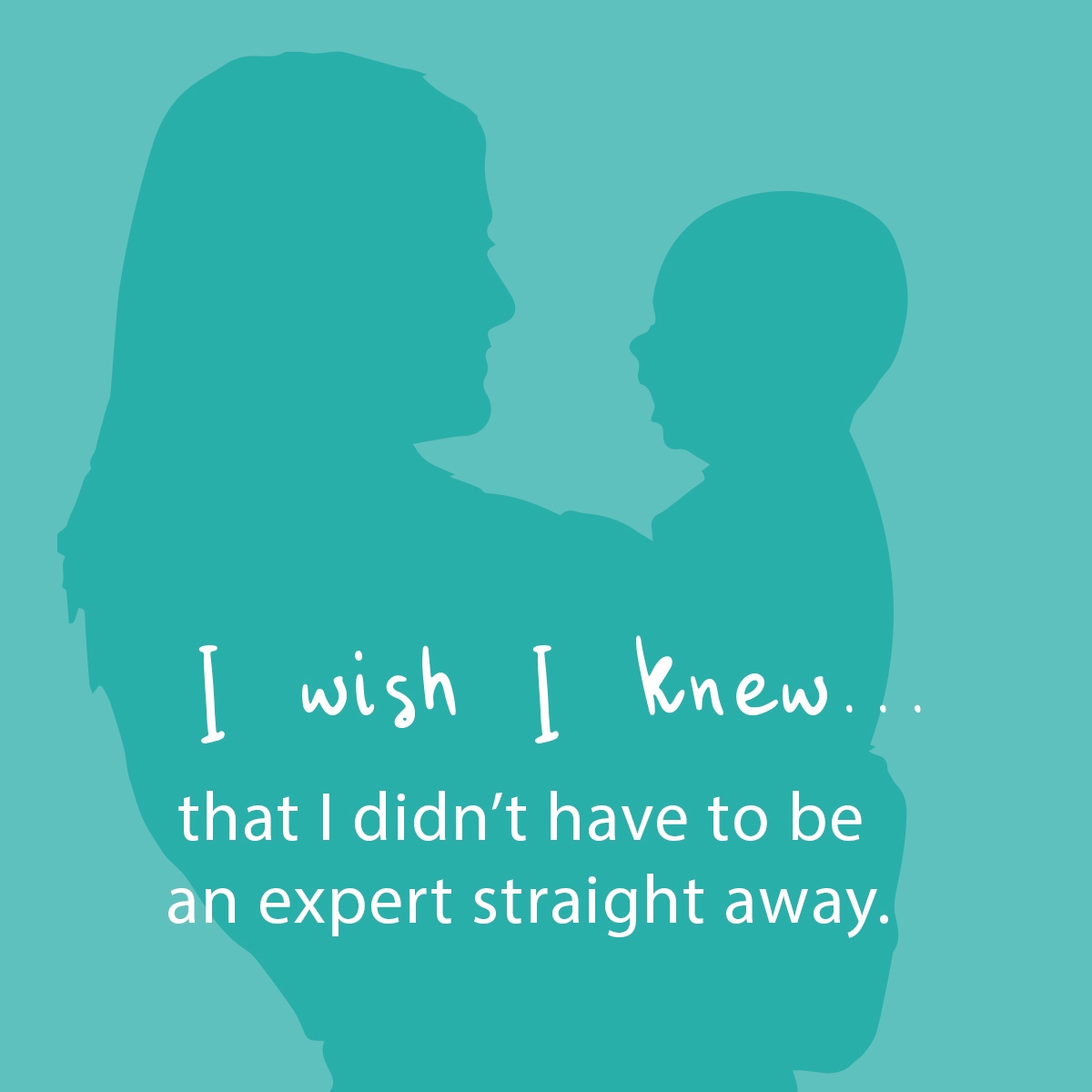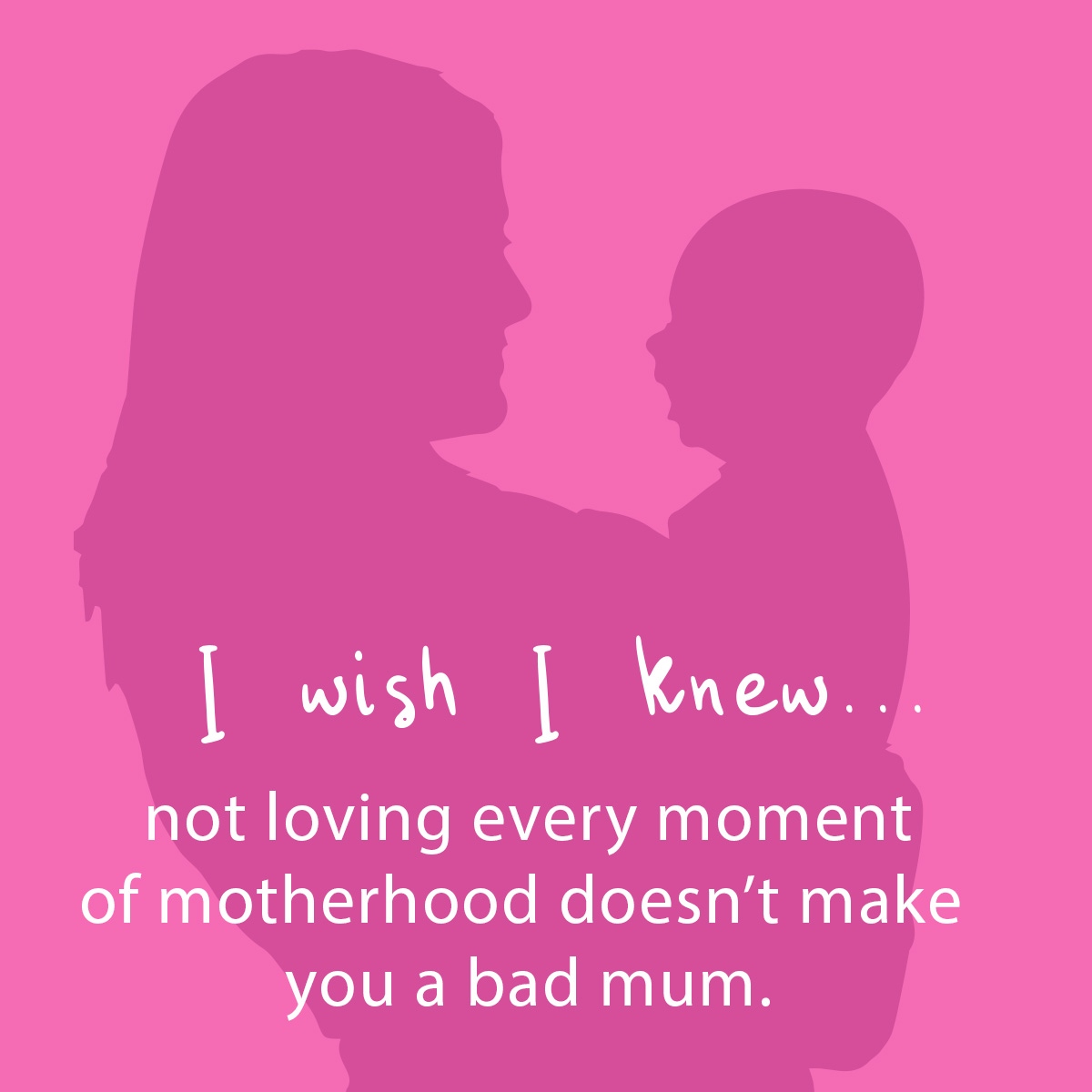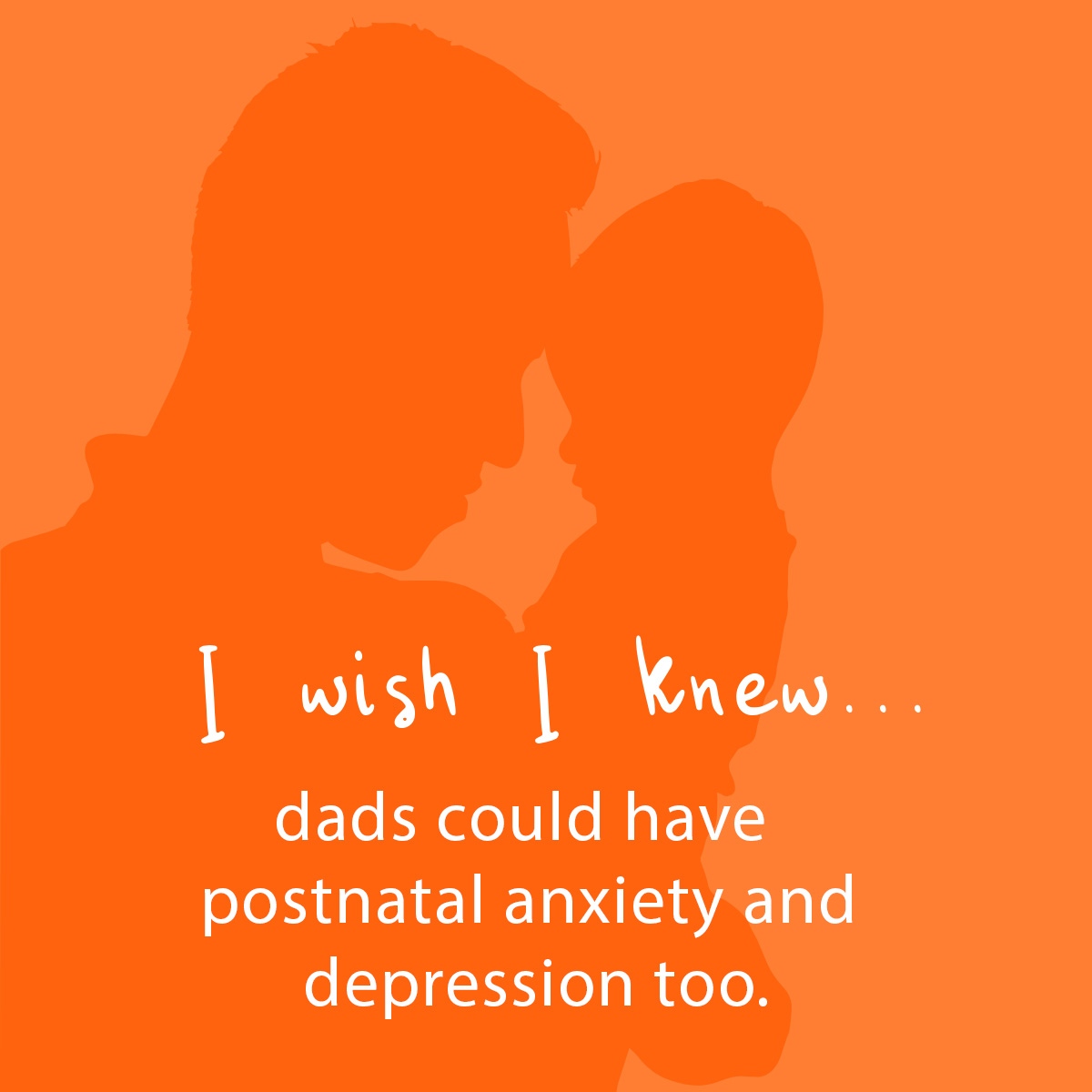At Eastential Acupuncture and Chinese medicine Melbourne we placed great emphasis on the importance of postnatal care. We believe that postnatal care is just as important as the care given during fertility, preconception health and pregnancy. One of the greatest concern during postnatal care is the emotional ups and downs of coping with a newborn or a new addition to the family unit. Some women transition into motherhood with ease, others struggle both physically and mentally with the needs of a newborn and family. Women without support from immediate family or community often feel lonely and helpless which may then lead to anxiety or depression.
Perinatal Anxiety and Depression Australia (PANDA) is an organisation that supports women, men and families across Australia that suffers from postnatal depression and anxiety. This week PANDA had launched an awareness week to start a conversation about this condition affecting 1 in 5 expecting or new mothers, 1 in 10 expecting expecting or new fathers and affects around 100,000 families across Australia every year. An excerpt from the information download from PANDA-
Talking about it
Perinatal anxiety and depression is a serious health condition. It can affect any new or expecting parent and does not discriminate. It is nothing to be ashamed of, but many new mums and dads find it hard to talk about it. Expecting and new parents telling others about their struggles, or admitting they need help and seeking treatment or advice is not a sign of weakness. It shows that they want the best for themselves and their family.
Recognising perinatal anxiety and depression
Perinatal anxiety and depression can be difficult to recognise for a whole range of reasons. Symptoms are often dismissed as normal parts of pregnancy or early parenthood. Shame and stigma can lead to a ‘mask of coping’. Symptoms can look different for each person.
Signs may include:
Feeling sad, low, or crying for no obvious reason
Persistent, generalised worry, often focused on fears for the health or wellbeing of your baby
Being nervous, ‘on edge’, or panicky
Being easily annoyed or irritated
Withdrawing from friends and family
Difficulties sleeping, even when your baby is sleeping
Abrupt mood swings
Feeling constantly tired and lacking energy
Physical symptoms like nausea, vomiting, cold sweats, lack of appetite
Having little or no interest in the things that normally bring you joy
Fear of being alone or with others
Finding it difficult to focus, concentrate or remember
Increased alcohol or drug use
Panic attacks (racing heart, palpitations, shortness of breath, shaking or feeling physically ‘detached’ from your surroundings)
Developing obsessive or compulsive behaviours
Thoughts of death, suicide or harming your baby
Postnatal psychosis
Postnatal psychosis is a rare but serious illness that affects one to two new mums in every 1000 and can put both mother and baby at risk. It almost always requires hospital admission. The symptoms often arrive suddenly and can include extreme mood swings, significant behaviour changes and loss of touch with reality.
If you suspect a new mum you know may have postnatal psychosis, you can:
take her to a doctor
take her to the nearest hospital emergency department
call PANDA’s National Helpline – 1300 726 306
If you or someone close to you experiences any symptoms or feelings that worry you for two weeks or more, please seek relevant support as soon as possible. The quicker that person seeks some support, the sooner she or he will feel better (information supplied by PANDA)
